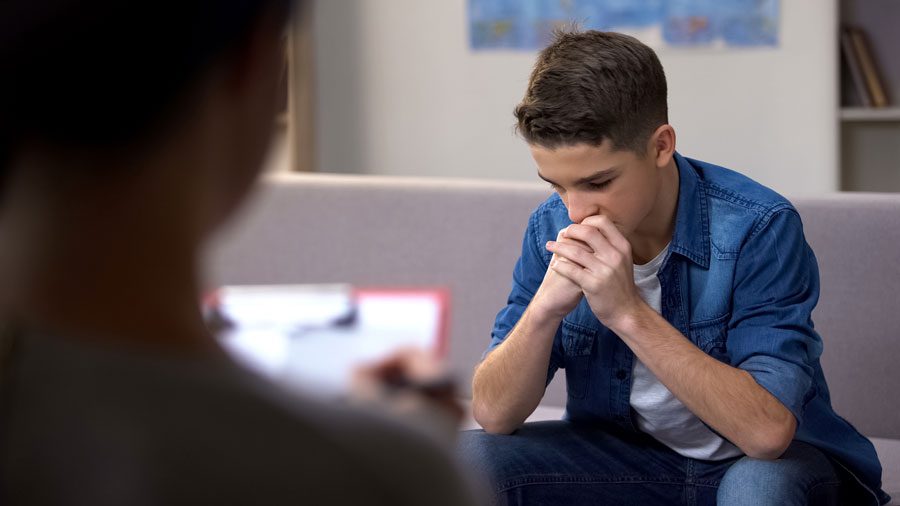The decision to meet with a child psychologist in Tampa is often made with hope, care, and concern. Whether you’re navigating anxiety, behavioral changes, or school difficulties, therapy can offer meaningful support. Understanding what to expect from the first session through ongoing care can ease any uncertainty and prepare your family for a positive experience.
The journey begins with compassion, patience, and a personalized approach to your child’s emotional and developmental needs.

Know What Happens During the Initial Session
The first session is designed to build trust between your child and the therapist, as well as gather background information. This time is less about diving into treatment and more about understanding your child’s personality, struggles, and environment.
What Parents Can Expect:
- A parent interview to discuss concerns and history
- Observations of the child’s communication style
- Age-appropriate activities or informal play assessments
- A chance to ask questions about the therapy process
- Discussion of goals and possible next steps
This first meeting helps the psychologist create a comfortable, safe space while setting a foundation for individualized care.
How Do I Know if my Child Needs a Psych Evaluation?
A psychological evaluation may be helpful if your child struggles with ongoing emotional, behavioral, or academic issues that are difficult to understand or address. For example, if teachers notice attention or learning concerns, if your child’s moods seem extreme or unpredictable, or if typical interventions haven’t helped, a psych evaluation can provide answers. Parents often seek evaluations to understand better conditions like ADHD, anxiety, depression, or learning disabilities. A review not only identifies areas of concern but also highlights strengths, guiding tailored treatment or school support plans.
Explore the Tools Therapists Use to Support Children
Child psychologists rely on a variety of evidence-based approaches that are specifically geared toward young minds. These techniques help children process emotions, build confidence, and improve behavior—all in ways they can understand and engage with.
Common Techniques in Child Therapy:
- Play therapy to promote expression through imagination
- Cognitive-behavioral strategies (CBT) to challenge unhelpful thoughts
- Emotional regulation tools for anger, sadness, or anxiety
- Social skill building and peer interaction strategies
- Parental coaching to support progress at home
These approaches are always tailored to the child’s age, developmental stage, and specific challenges.
Stay Involved: Parent-Therapist Communication Is Key
Therapy is most successful when caregivers stay engaged in the process. A child psychologist in Tampa will typically maintain communication with parents to share updates, offer feedback, and guide strategies for continued support outside of sessions.
Ways caregivers may be involved include:
- Participating in progress reviews
- Implementing home-based strategies
- Receiving parenting support for specific challenges
- Sharing observations and changes in behavior
- Collaborating on long-term goals
This team effort helps ensure consistency, stability, and growth for your child throughout the therapy journey.
Support Your Child’s Growth with the Right Guidance
Seeking help doesn’t mean something is “wrong”—it means you’re ready to help your child thrive. Working with a child psychologist in Tampa provides access to expert tools, compassionate support, and a clear path toward emotional health.
If you’re ready to explore therapy for your child, reach out to Rice Psychology Group to schedule an appointment and learn how professional support can make a lasting difference.

